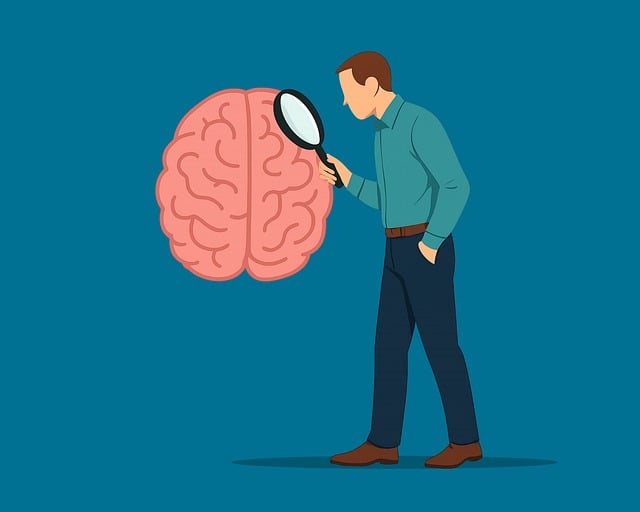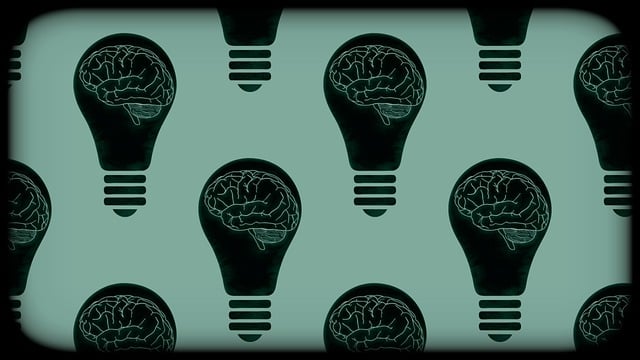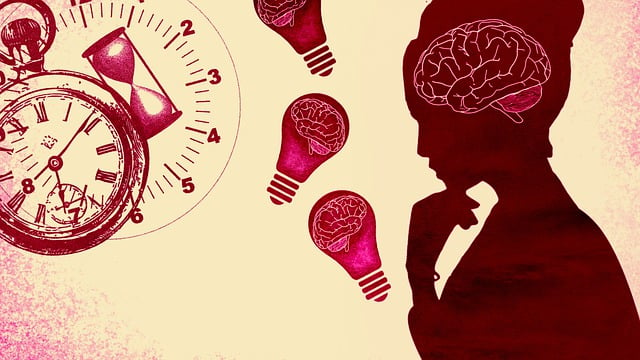The Castle Rock Russian Speaking Therapy (CRRST) initiative addresses cultural barriers in mental healthcare by offering specialized services in Russian, ensuring accurate diagnoses for Russian-speaking communities. CRRST incorporates self-awareness exercises and trauma support to empower clients, enhancing diagnostic accuracy. Mental health professionals employ innovative assessment techniques, data analysis tools, and technology like online platforms to improve diagnosis accuracy. Continuous training in cultural competency, collaboration among healthcare disciplines, and public awareness campaigns further enhance care quality for diverse populations.
Mental illness diagnosis accuracy is a critical aspect of patient care, with efforts constantly underway to improve outcomes. This article explores targeted initiatives aimed at enhancing diagnostic precision, delving into unique challenges and innovative solutions. We examine cultural barriers to diagnosis, highlighting the role of specialized therapies like Castle Rock Russian Speaking Therapy in addressing these issues. Additionally, we discuss advanced assessment techniques, technology integration, and inter-professional collaboration as key drivers for more accurate mental health diagnoses.
- Understanding Cultural Barriers to Diagnosis: The Role of Castle Rock Russian Speaking Therapy
- Advancing Assessment Techniques for More Accurate Mental Health Diagnoses
- Integrating Technology and Data Analysis for Improved Diagnostic Accuracy
- Fostering Collaboration Between Healthcare Professionals for Comprehensive Evaluation
Understanding Cultural Barriers to Diagnosis: The Role of Castle Rock Russian Speaking Therapy

In navigating mental health diagnoses, cultural barriers often pose significant challenges. The Castle Rock Russian Speaking Therapy (CRRST) initiative addresses a crucial aspect of this issue by providing specialized services tailored to the unique needs of the Russian-speaking community. CRRST recognizes that cultural nuances and language differences can impact the accuracy of diagnoses and access to quality care. By offering therapy in Russian, this program breaks down barriers, ensuring that individuals from this linguistic background receive culturally competent mental health support.
This approach is especially relevant in light of the growing awareness of mental wellness through platforms like the Mental Wellness Podcast Series Production, which highlights diverse experiences. Self-Awareness Exercises and Trauma Support Services are integral parts of CRRST, empowering individuals to understand their emotions and past traumas within a safe, supportive environment. Through these initiatives, the therapy fosters a deeper connection with clients, enabling more precise assessments and ultimately improving diagnostic accuracy.
Advancing Assessment Techniques for More Accurate Mental Health Diagnoses

Mental health professionals are continually striving to enhance assessment techniques to improve diagnostic accuracy. This involves integrating innovative tools and methods that cater to the complex nature of mental illnesses. For instance, Castle Rock Russian Speaking Therapy offers a specialized approach by providing culturally sensitive care tailored for individuals who may face language barriers or have unique cultural backgrounds. By incorporating these diverse practices, therapists can capture a more comprehensive understanding of a patient’s symptoms and experiences.
Furthermore, public awareness campaigns play a pivotal role in promoting early intervention by educating communities about mental health issues. Raising awareness encourages individuals to seek help without stigma and enables professionals to identify subtle signs earlier on. Stress reduction methods and compassion cultivation practices are also integral components of this process, as they foster a supportive environment that facilitates accurate assessment and treatment planning.
Integrating Technology and Data Analysis for Improved Diagnostic Accuracy

Integrating technology and data analysis is transforming mental health care, aiming to enhance diagnosis accuracy. Online platforms and mobile applications offer accessible tools for screening and initial assessments, allowing individuals to discreetly seek support from the comfort of their homes. These digital solutions often employ advanced algorithms that can analyze patterns in responses, providing valuable insights into a person’s emotional well-being. By leveraging machine learning capabilities, these systems adapt to individual needs, improving the accuracy of diagnoses and personalizing treatment plans.
Furthermore, data analysis plays a pivotal role in identifying trends and commonalities among diverse patient populations, including those served by Castle Rock Russian Speaking Therapy. This approach allows healthcare providers to refine their assessment techniques and gain deeper understandings of specific cultural considerations. Through continuous training on cultural competency, such as improving emotional regulation and empathy-building strategies, therapists can ensure they are equipped to accurately diagnose and effectively treat clients from various backgrounds.
Fostering Collaboration Between Healthcare Professionals for Comprehensive Evaluation

Fostering collaboration between healthcare professionals is a pivotal strategy for enhancing mental illness diagnosis accuracy. In many cases, a single specialist’s perspective may not capture the full complexity of an individual’s condition, especially when dealing with diverse populations. By promoting interdisciplinary teamwork, involving psychiatrists, psychologists, and social workers, for instance, healthcare teams can offer more comprehensive evaluations. This collaborative approach ensures that various aspects, including cultural background, social determinants of health, and unique personal experiences, are considered during the diagnostic process.
In the context of Castle Rock Russian Speaking Therapy, fostering such collaboration is especially crucial. With a diverse patient population, understanding cultural nuances and language barriers is essential for accurate diagnosis and effective treatment. Healthcare Provider Cultural Competency Training plays a significant role in this regard, equipping professionals with the skills to navigate these challenges. Additionally, promoting inner strength development and stress management techniques can further enhance the diagnostic process by creating an environment where individuals feel safe and supported during their mental health journey.
Mental illness diagnosis accuracy has seen significant advancements through diverse initiatives, such as understanding cultural barriers with Castle Rock Russian Speaking Therapy, advancing assessment techniques, integrating technology, and fostering collaboration among healthcare professionals. These efforts collectively contribute to more precise diagnoses, better patient outcomes, and a more inclusive mental health care system. Continued research and implementation of these strategies are essential to ensure everyone receives the accurate, comprehensive evaluations they deserve.













